According to Donegal Coroner Dr Denis McCauley, there is a lot of confusion in relation to the finding of medical misadventure.
“Essentially, it means death while under medical care and it does not imply any fault by any parties. Unfortunately, in tort law, medical misadventure is primarily viewed as it was the ‘doctor what done it’. It is the perception of medical misadventure that I feel is [not accurate]. I would rather just use the term ‘death while under medical care’,” he told the <strong><em>Medical Independent</em></strong> (<strong><em>MI</em></strong>).
Dr McCauley gave the example of babies dying during high-risk operations, saying that the risks would have been explained beforehand, the child was also likely to die without the procedure and the medical team did their best, but that death could be recorded as death by medical misadventure.
“An inquest cannot lay blame. You can only look at facts, so I think medical misadventure is being used [unfairly]… It is just the perception of it and I think if we just had a more benign finding, there would be less contentious inquests.”
During his talk on the role of coroners, Dr McCauley said that when patients die in nursing homes during the night, in cases where death is not unexpected, it is okay to wait until morning to have the GP attend and sign a death certificate.
He also told <strong><em>MI</em></strong> that a plan to have senior nurses in nursing homes pronounce death under prescribed circumstances is to go ahead “in the near future”.
The <em>National Policy for Pronouncement of Expected Death by Registered Nurses </em>(for use in HSE residential, long-stay and specialist palliative care services only) was approved by the HSE Clinical Strategy and Programmes Division in July 2017.
Meanwhile, speaking from the floor during Dr McCauley’s talk, Dublin GP Dr Ray Walley highlighted the vital role of GPs in signing death certificates promptly, avoiding delays for grieving families. He warned that the GP manpower crisis could impact this service in the future and Ireland could then end up like England, where bodies are not buried for weeks.
During his talk, Dr McCauley also highlighted that recent difficulties with the continuation of the post-mortem service in Donegal, where approximately 150 post-mortems are performed annually, have now been resolved. “The presence of a post-mortem service is vital for the running of a coroner’s [work] and the service is Letterkenny [Hospital] has now been guaranteed by the HSE, and I really welcome that,” he told <strong><em>MI</em></strong>.

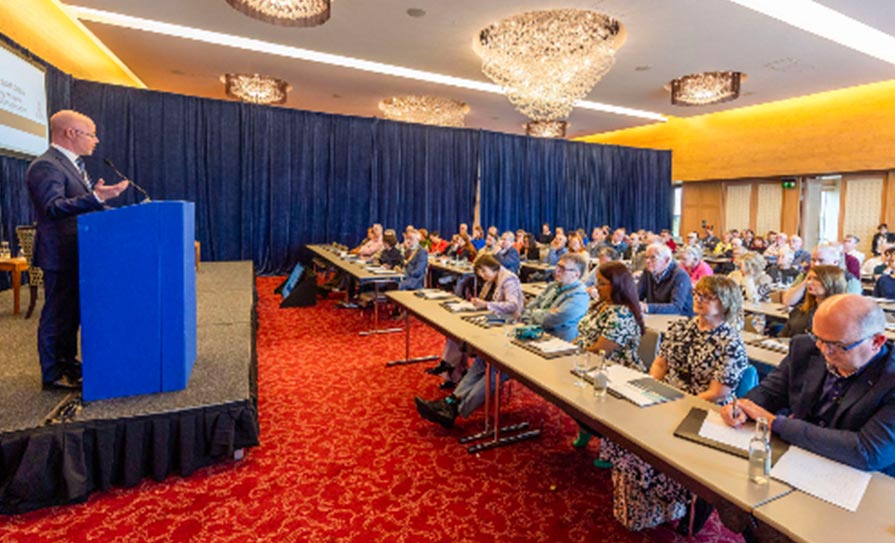

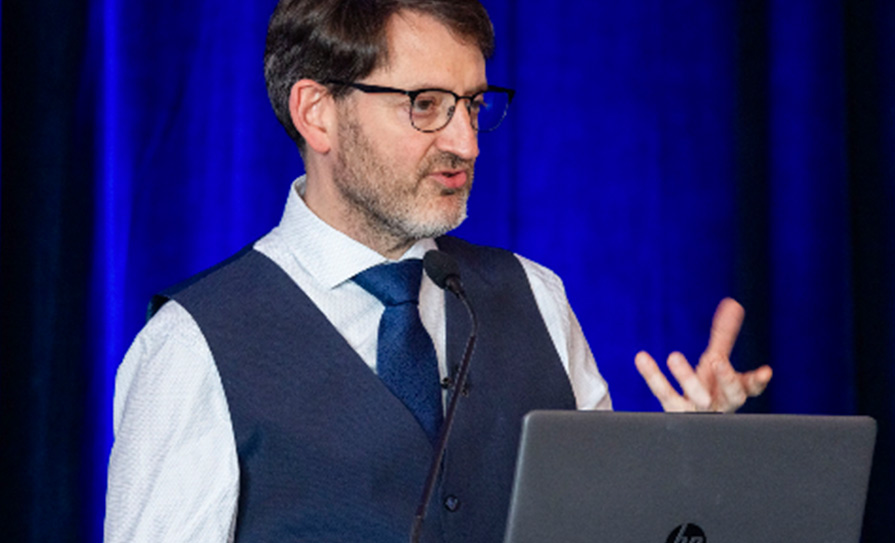
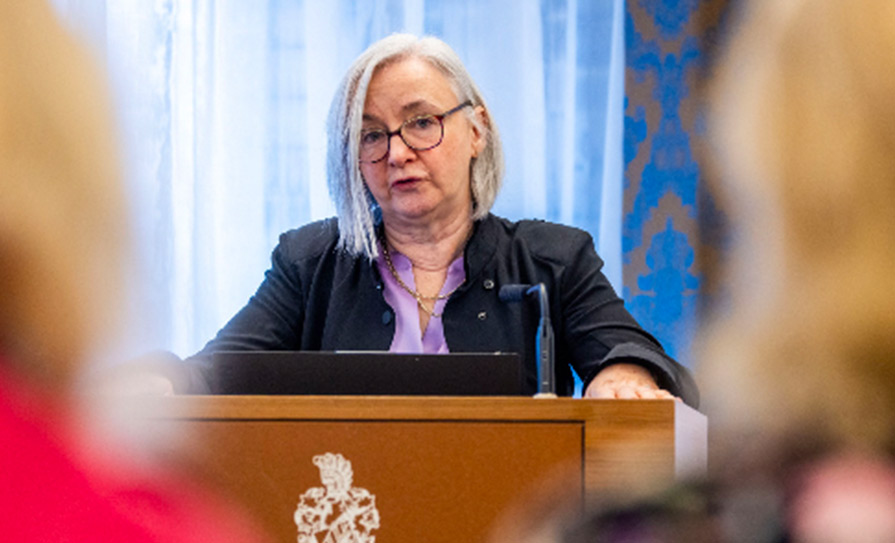

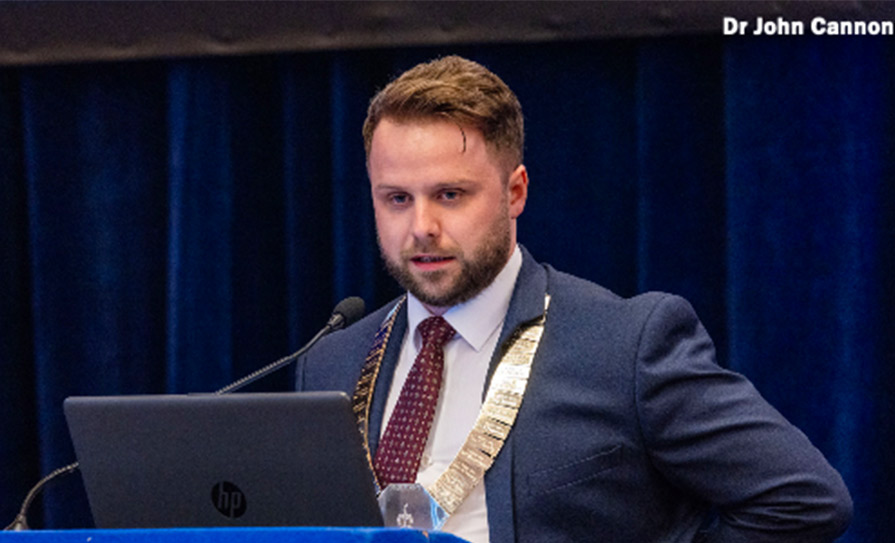
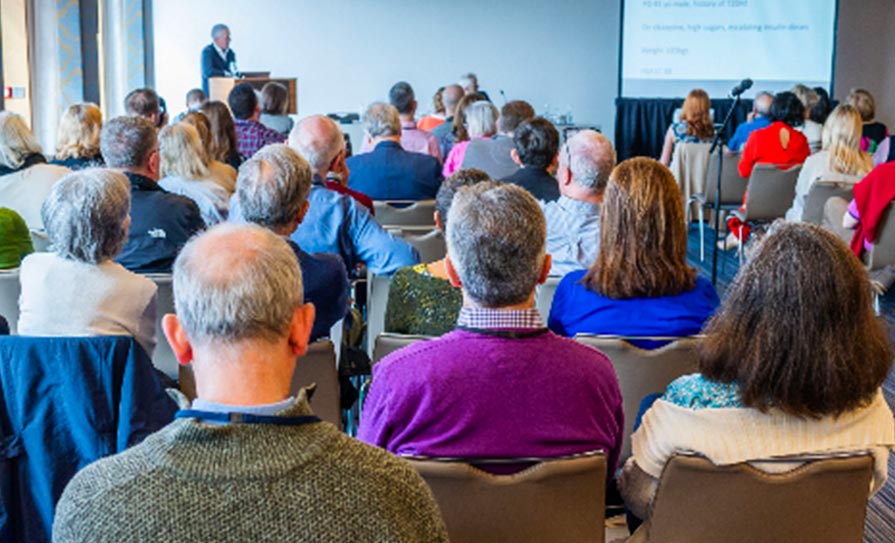




Leave a Reply
You must be logged in to post a comment.